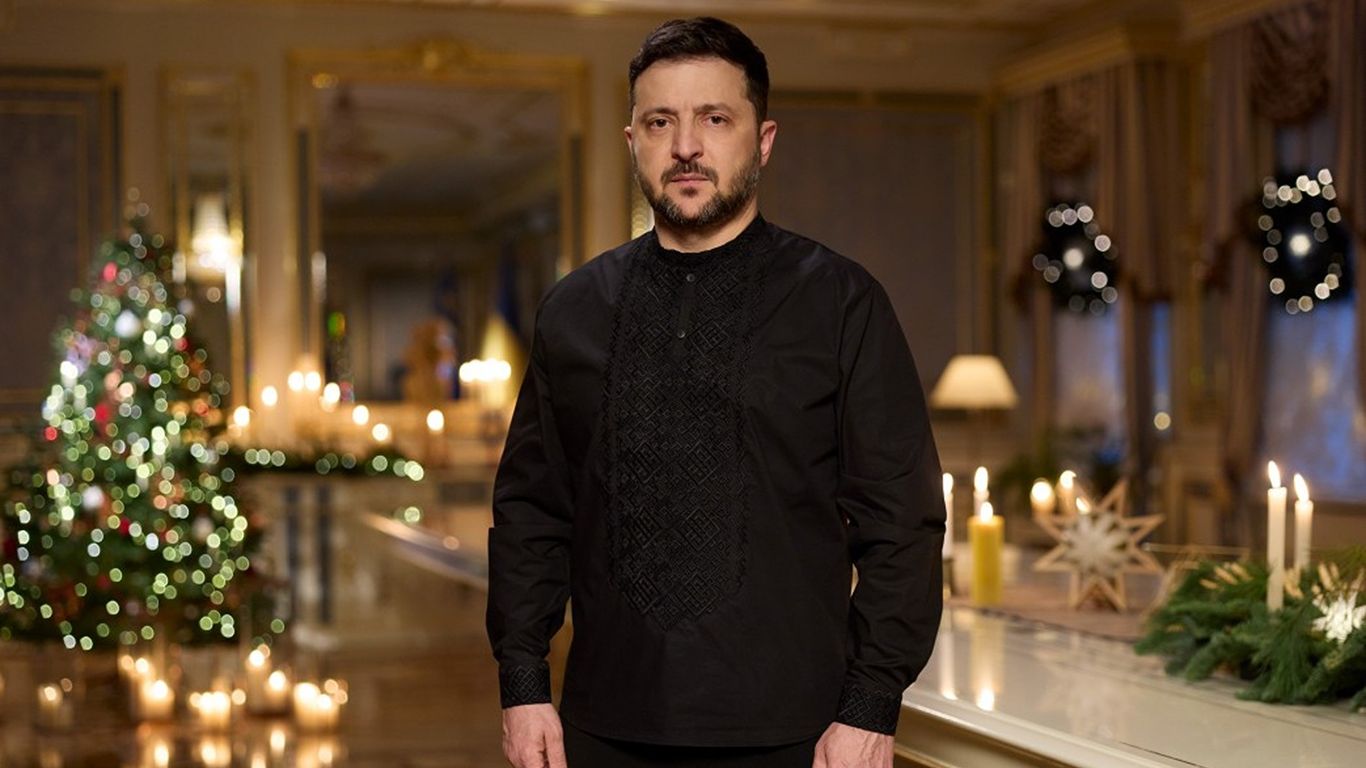When Gui Junmin’s wife, Zhan Wenlian, passed away from lung cancer at the age of 49 in 2017, he made a decision that would spark significant debate: he opted to have her cryogenically preserved. Zhan became the first person in China to be preserved in liquid nitrogen, stored in a 2,000-liter tank at temperatures of –190°C. This process was managed by the Shandong Yinfeng Life Science Research Institute, which secured the arrangement under a 30-year contract.
Cryonics, the practice of preserving individuals at extremely low temperatures with the hope of future revival, remains largely speculative. As of now, more than 500 people globally have signed up for this procedure, yet no one has ever been successfully revived. The process involves cooling the body, infusing it with cryoprotectant chemicals, and placing it in storage, all with the anticipation that medical advancements may one day allow for revival.
For two years, Gui lived a solitary life, holding onto the belief that Zhan might one day be brought back to life. However, in 2020, a gout attack left him immobilized, prompting a reevaluation of his life choices. He began dating again, ultimately forming a relationship with Wang Chunxia, a living woman who had never been frozen.
The revelation of Gui’s new relationship ignited a heated discussion across Chinese social media. When Southern Weekly reported on the story in November, users reacted strongly, with opinions sharply divided. Some argued that after seven years of mourning, Gui deserved to seek companionship. Others criticized him for what they perceived as an emotional conflict, suggesting he was hedging his bets between his frozen wife and a new partner. Many questioned the fairness of the situation for Wang, who could potentially be sidelined if Zhan were ever revived.
Gui’s comments regarding the nature of his relationship further fueled the controversy. He described his connection with Wang as “utilitarian,” suggesting that she had not fully “entered” his heart. This statement drew criticism, with some interpreting it as emotionally detached.
The story highlights not only the complexities of human relationships but also the ethical dilemmas surrounding cryonics and the implications of seeking love while holding onto the past. As debates continue online, the case of Gui Junmin serves as a striking example of how love, loss, and the quest for companionship can intersect in unexpected ways.







